Climate change is a major concern today, and LL97 compliance requires commercial buildings across NYC to reduce their carbon footprint. One way to do this is by making changes to the roof. The roof is one of the most important structures of a building, and it plays a crucial role in reducing carbon emissions and increasing energy efficiency.
Here are some commercial roof concerns to consider if you want to reduce carbon emissions and increase energy efficiency.
Insulation
Insulation is one of the most important factors in reducing energy consumption. A well-insulated roof will keep your home or building warm in the winter and cool in the summer, which means you won’t need to use as much energy to heat or cool the space. This will lead to a significant reduction in your carbon footprint.
Roofing Material
Choosing the right roofing material can also significantly impact your carbon footprint. For example, if you choose a metal roof, it will reflect sunlight and reduce the amount of heat that enters your building. This means you won’t need to use as much energy to heat and cool the space, which will reduce your carbon emissions.
Solar Panels
Solar panels are becoming increasingly popular, and for good reason. They can help you generate your own electricity and reduce your reliance on the grid. This means you will be using less energy from fossil fuels, which will reduce your carbon footprint.
Green Roofs
Green roofs are another option for those who want to reduce their carbon footprint. They are essentially roofs covered in vegetation, which helps absorb carbon dioxide and reduce the amount of heat that enters the building. This will lead to a significant reduction in your carbon emissions, as well as provide a range of other benefits, such as improved air quality and reduced stormwater runoff.
Maintenance
Finally, it’s important to ensure that your commercial building roof is well-maintained. A poorly maintained roof can lead to leaks, which can cause significant damage to your building and its infrastructure. It can also lead to increased energy consumption, as your heating and cooling systems must work harder to compensate for heat loss or cool air loss.
Professional Help with LL97 Compliance in NYC
There are many roof concerns to consider for reducing your carbon footprint and increasing energy efficiency for LL97 compliance. By investing in insulation, choosing the right roofing material, installing solar panels, opting for a green roof and ensuring that your roof is well-maintained, you can make a significant difference to the environment and your energy bills.
Latitude Compliance is your professional team of specialists that can help you with every aspect of LL97 compliance in NYC, including roofing concerns. Contact us today at 929-349-7333 so we can help you avoid costly penalties and formulate a plan for reaching LL97 compliance.
Posted on behalf of Latitude Compliance

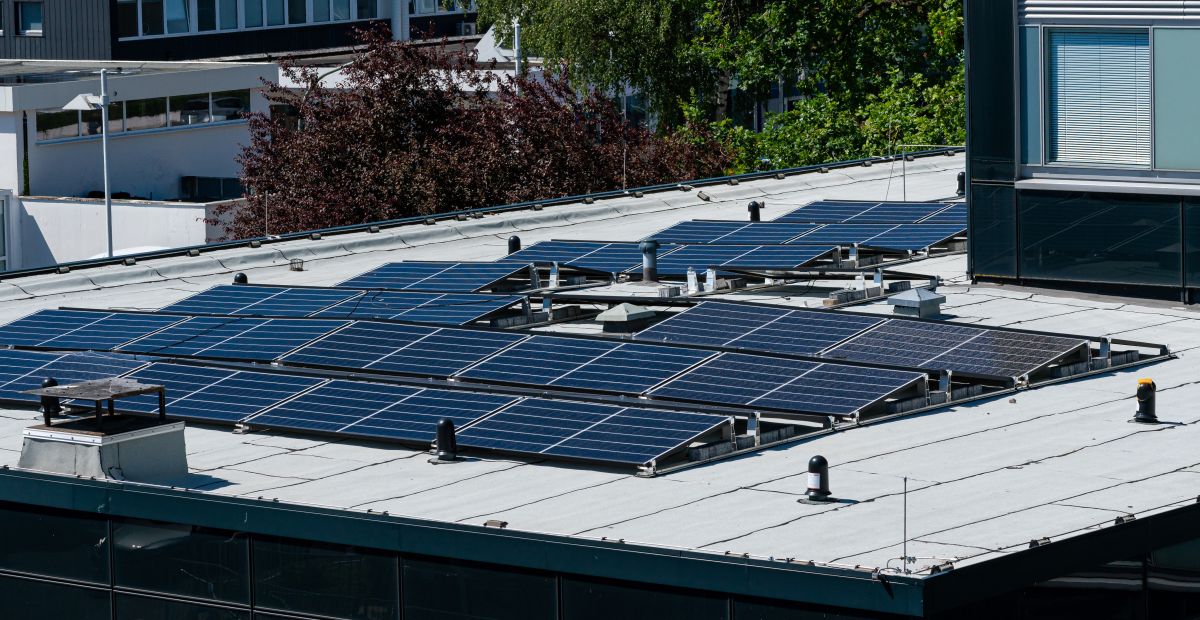
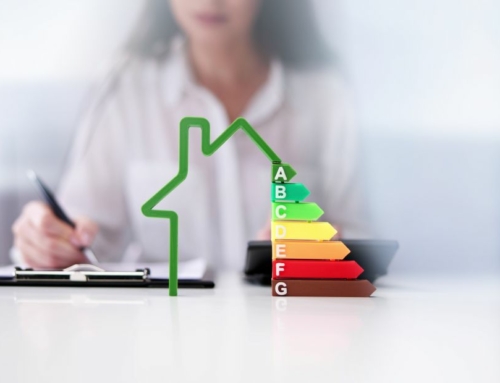
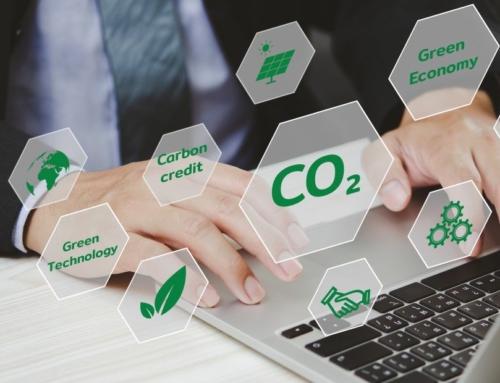
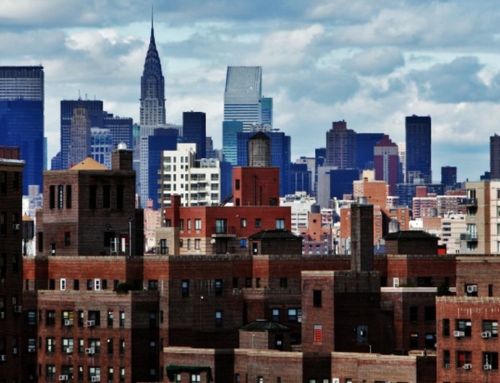
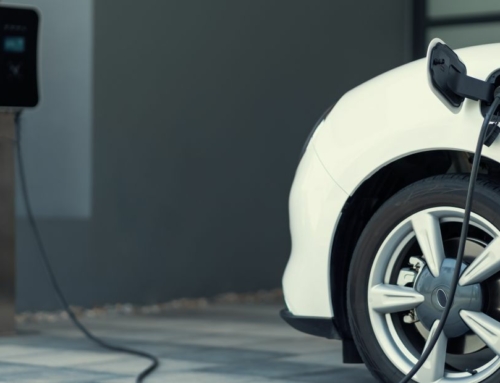
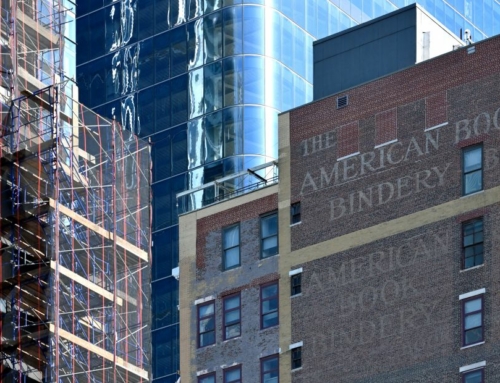

Leave A Comment